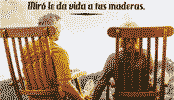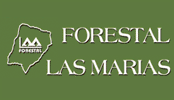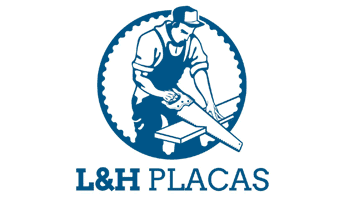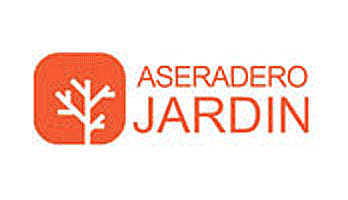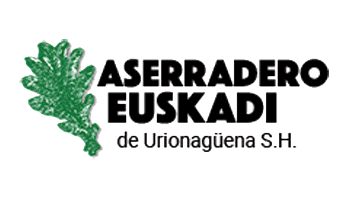.png)
Diploma in Technical Drying of Implanted Woods UTN Concordia – Entre Ríos
(virtual dictation) - Starts October 21, 2022 - Limited quotas -
Start: 10/21/2022
· Course: Friday from 13 to 16 hours.
· Modality: Virtual
· FREE, with limited quotas
CONTENTS
· Module 1: Wood and moisture content
Basic concepts about wood and water in wood.
· Module 2: The wood drying process
Basics of the process. Intervening factors. drying defects.
· Module 3: Drying technology.
Techniques and equipment.
· Module 4: Management and control of the process
Complementary activities.
Drying quality. Control and reduction of defects.
Special treatments.
· Module 5: Management of the drying plant
Concept. Organization. QA. Performance. Costs.
·
INSCRIPTION
https://www.frcon.utn.edu.ar/wp-content/uploads/2019/02/Banners-300-px-ancho_INSCRIBITE-AQU%C3%8D.jpg
For questions, contact the email courses@frcon.utn.edu.ar or whatsapp: +54 9 345 602 8922.
ORGANIZE
· Secretary of Culture and University Extension – UTN Concordia
· National Institute of Agricultural Technology – INTA

IT MAY INTEREST YOU
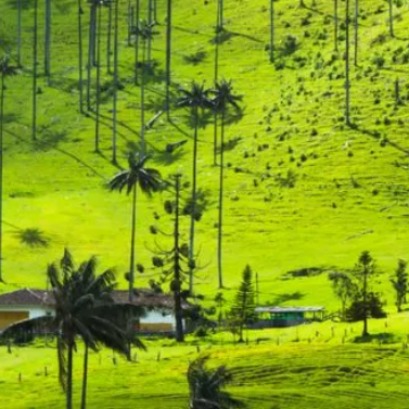 The tallest palm tree in the world is in South America: it is the height of a 20-story building
The tallest palm tree in the world is in South America: it is the height of a 20-story building
The worlds tallest palm tree stands deep in South America, a giant that challenges the limits of plant life Deep in South America, between the fog and the mountains, hides a giant tree that few know about. Majestic and silent, challenging the world on what plant life can achieve.
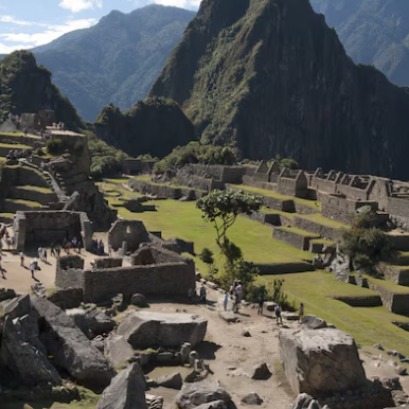 Reforestation advances in the Historic Sanctuary of Machu Picchu with new restored hectares
Reforestation advances in the Historic Sanctuary of Machu Picchu with new restored hectares
The plan includes the planting of a thousand new trees in the sanctuary, in response to the damage caused by forest fires and environmental threats, with the support of local authorities and representatives of the tourism sector.
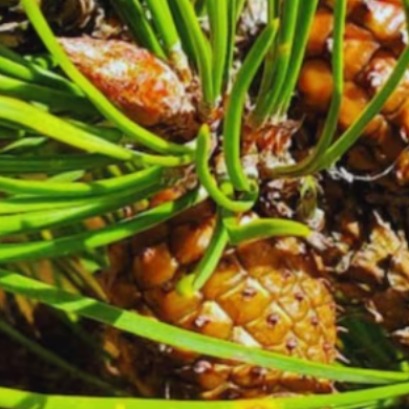 The DNA of forests: they discover what makes a tree resist drought
The DNA of forests: they discover what makes a tree resist drought
An international team, with the participation of INTA and Conicet, discovered that genetics can be decisive for trees to better resist droughts


